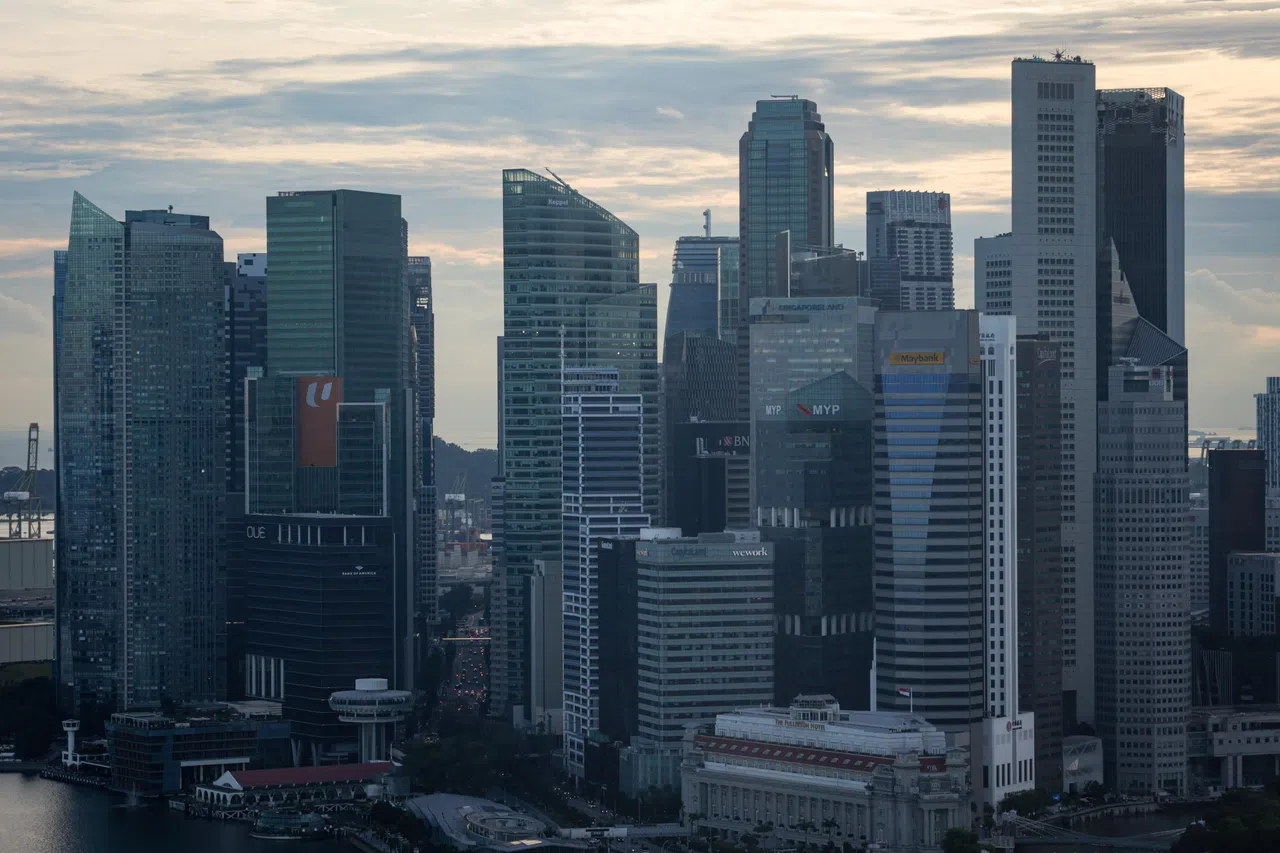HONG Kong’s dealmakers are betting on mainland-traded Chinese companies’ second listings to boost share-sale volumes next year, building on a pickup in recent months.
Such listings could help lift Hong Kong’s initial public offering volumes to about US$15 billion in 2025, according to a forecast by KPMG, compared to US$10.5 billion so far this year. Huawei Technologies’ electric-vehicle partner Seres Group and energy-drink maker Eastroc Beverage Group are some of the companies listed in the mainland, known as A-share firms, that are considering selling shares in Hong Kong.
“We expect Hong Kong listings by A-share companies to account for a big portion of Hong Kong’s IPO volume in 2025,” said Kenneth Chow, Citigroup’s Asia head of equity capital markets origination and products. He said it was easier for investors to buy the shares of these companies, since they were already familiar with them from the onshore listings.
Hong Kong’s IPO market is seeing a nascent recovery, helped by the Chinese government’s stimulus measures that have fuelled a stock rally and pledges to encourage the nation’s companies to list in the city. A roughly 17 per cent gain in the benchmark Hang Seng Index this year is also raising hopes of better valuations for firms.
The successful debuts of Midea Group and SF Holding have emboldened other mainland-traded companies to explore second listings in Hong Kong, said Richard Wang, head of China equity capital markets at the law firm Freshfields.
More broadly, bankers and lawyers expect more Chinese companies to head south as mainland regulators have limited the number of first-time share sales onshore to improve the country’s stock market.
BT in your inbox
Start and end each day with the latest news stories and analyses delivered straight to your inbox.
Hong Kong’s IPO market is still missing juggernaut technology candidates like the ones that had blockbuster debuts in the past before China’s crackdown on Internet giants. But other large companies in the mainland considering sizable listings in the city next year include drugmaker Jiangsu Hengrui Pharmaceuticals and soy-sauce manufacturer Foshan Haitian Flavouring & Food.
The Hong Kong IPO pipeline includes firms in strategic sectors the Chinese government wants the nation to be self-reliant in, such as semiconductors, artificial intelligence and new energy, said Irene Chu, head of new economy and life sciences for Hong Kong at KPMG China.
Still, hurdles remain for mainland companies seeking offshore listings. The China Securities Regulatory Commission’s timeline for approving firms to raise funds abroad, which is mandatory, has been unpredictable. In some cases, that has thwarted deals.
Investors are also waiting for more details on the Chinese government’s plans to boost the economy to support a sustainable rebound in equities. Meanwhile, Donald Trump’s trade policies may weigh on China’s growth and corporate earnings.
The city’s listing scene has ways to go before it regains its full lustre. Hong Kong IPO proceeds this year have nearly doubled from that of all of 2023, but they are still below the roughly US$30 billion annual average for the 10 years preceding the Covid-19 pandemic, according to data compiled by Bloomberg.
For now, dealmakers are hanging on to the budding optimism in the Hong Kong IPO landscape.
“Markets are generally buoyant as a whole, and we do expect that markets will be conducive to issuance going forward into 2025,” said Sunil Dhupelia, co-head of Asia-Pacific equity capital markets at JPMorgan Chase. BLOOMBERG







